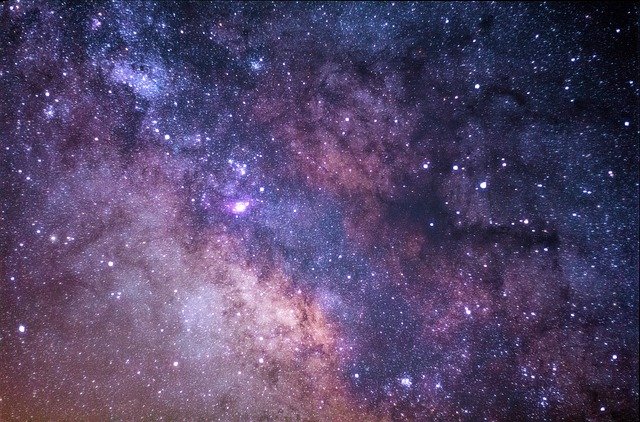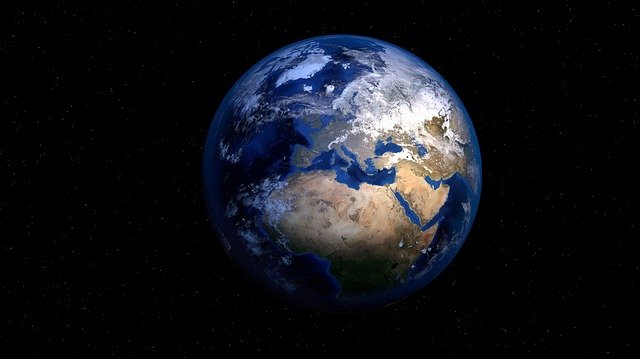
The set of all the elements is called the universe.
The concept of universe has its origin in the Latin word universus and is usually used as a synonym for world when it is decided to refer to the set of all created elements . On the other hand, a universe describes several individuals or pieces that possess one or more traits that are taken into consideration within the framework of a statistical profile work.
Another possible definition of the universe is one that addresses it as everything that can be appreciated physically . In this sense, the multiple appearances and versions of matter and energy , the physical laws that govern them, and the totality of space and time are included.
The universe according to astronomy
The main component of the universe are galaxies , which can be seen with the naked eye as points of light throughout the sky. Scientists usually discriminate them into various categories and then speak of local galaxies (gravitationally linked to the Milky Way , where the Solar System is located) and external galaxies. The solar system , made up of several planets , revolves around a common star, the Sun, which attracts them with a strong gravitational power, thus ensuring that they always follow the same path and do not collide with each other.
It is also interesting to note that planet Earth is just a part of the Solar System, just one of the hundreds of billions of galaxies that make up the universe , and that it has around 100 billion stars .
In this solar system there are not only planets near the Earth, but also satellites, asteroids, comets and other smaller planets (dwarf planets), which also orbit around the Sun. In addition, around this system there are millions and millions of all types of stars (dwarfs, pulsars, multiples, supergiants and black holes).

Universe can be used as a synonym for world.
Theories about the origin and the end
Since the beginning of the universe until today, many changes have occurred in it, and it is suspected that this may possibly lead to a certain end, although the positions on this matter are diverse and, as expected, opposite to each other. We cannot know if in the distant future the universe will exist as we conceive it today, because in reality the advances in scientific knowledge regarding its destiny seem almost null compared to the millions of random endings that this system can have .
There are two firm, absolutely opposite theories regarding the true origin of the Universe; These are the creationist theory (whose bases are found in the biblical explanation of the beginning, where everything is the work of a god) and the evolutionary theory (which tries to find explanations based on reliable studies and which does not assume anything without having rigorously tested it).
The most accepted theory regarding the emergence of the universe is the one known as the Big Bang , which speaks of a kind of explosion where all observable universal matter and energy were concentrated in a point of infinite density. After this big explosion , it is said, the universe began to go through a period of expansion that has not yet ended.
There are specialists who believe that dark matter can cause a force of gravity capable of stopping this incessant expansion of the universe , which would result in a process called the Great Implosion . This term, also known as the Great Collapse , determines that the Universe is a closed system where all changes are cyclical and constant. In this way, it is explained that the movement of bodies gradually stops and that all the components tend to return to their original position, re-forming the universe as it was before the Big Bang.
